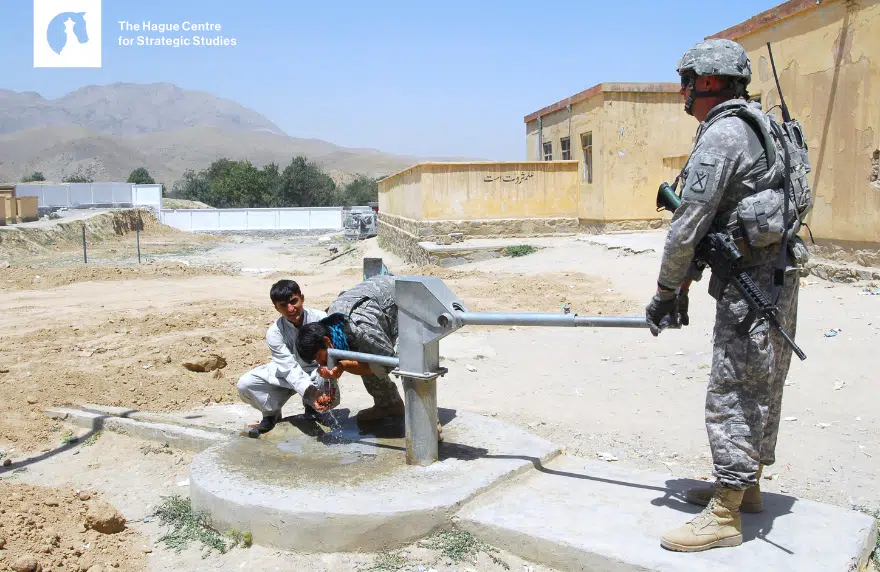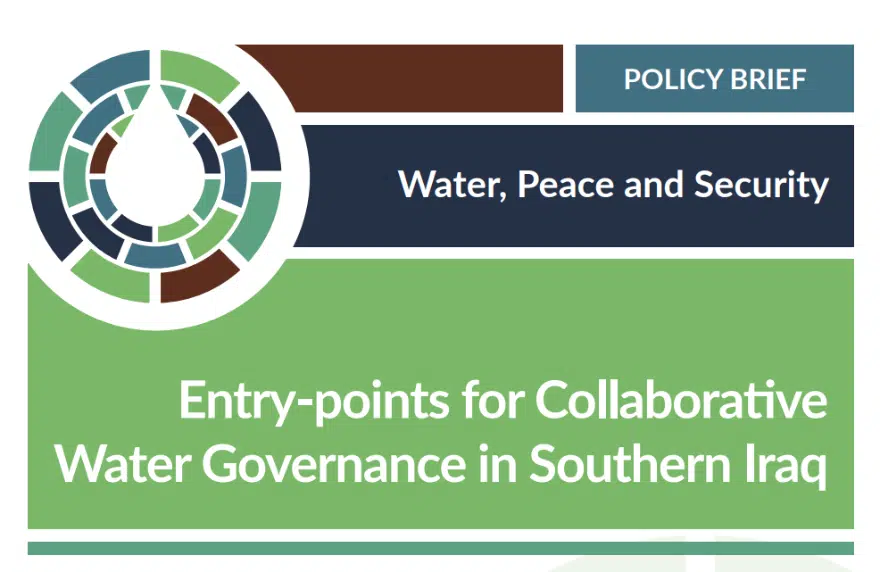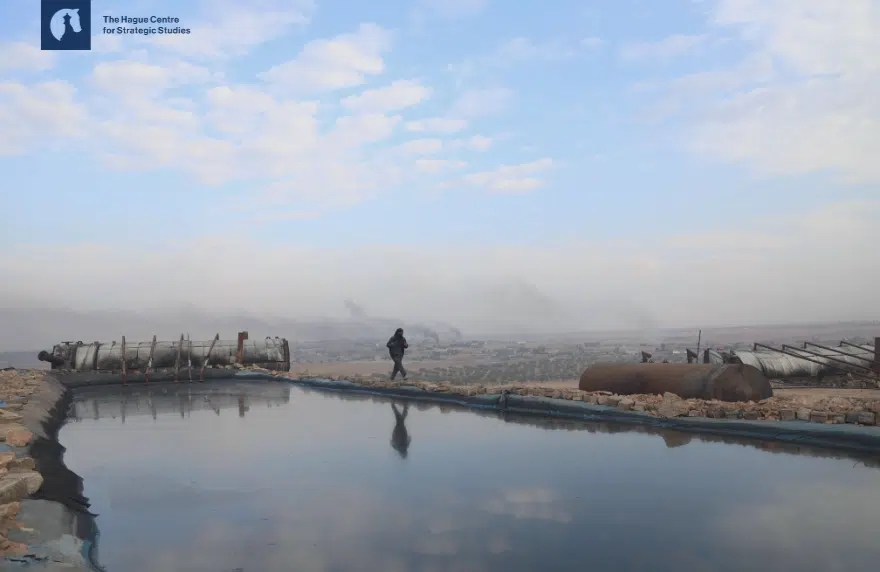Out now: a new Water, Peace and Security (WPS) policy brief!
The Water, Peace and Security (WPS) partnership has long supported an integrated approach to tackling water-related security challenges, promoting cooperation among the 4D communities – development, disaster relief, diplomacy, and defence. In recent years, defence and security actors, the so-called ‘4th D’ have shown increased interest in water as both a threat and opportunity for peace. They are also increasingly looked upon to support prevention and stabilisation efforts in water-stressed fragile contexts.
Nevertheless, the involvement of defence and security actors in tackling water-related security challenges remains limited. Over the past years, WPS has thus sought to strengthen the connections between the 4D communities and support an integrated approach that includes defence and security actors. Based on these experiences and further research, this policy brief examines the role of defence and security actors in the provision of water-related security. It answers the question: What roles can – and should – defence and security actors play in supporting responses to water-related security challenges?
Grounded in a review of relevant literature and 10 expert interviews focusing on the contexts of Iraq, Mali, Ethiopia, and Kenya, Lennart Engel and Thijs van Aken analyse the potential and challenges of the engagement of defence and security actors in water-related threat management. They observe that: (1) Socio-political contexts shape local communities’ perception and trust in defence and security actors, (2) Defence and security actors have limited capacity and contextual knowledge of local water-related security challenges, (3) Military-humanitarian relations are challenged by the dilemma of maintaining the principle of impartiality.
Relying on the aforementioned observations, this Water, Peace and Security (WPS) policy brief identifies three areas for action:
- Incorporate water security into the strategic planning and training of defence and security actors
- Integrate defence and security actors into broader water governance strategies and local engagements to build community trust
- Break silos between military and civil actors by fostering a shared understanding of water-related risks and action
Authors: Lennart Engel and Thijs van Aken
Contributors: Laura Birkman and Abigail Robinson







